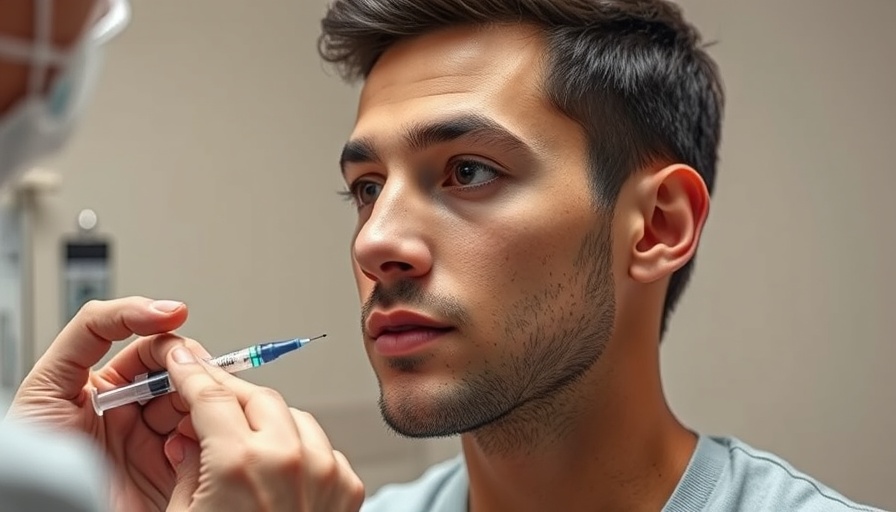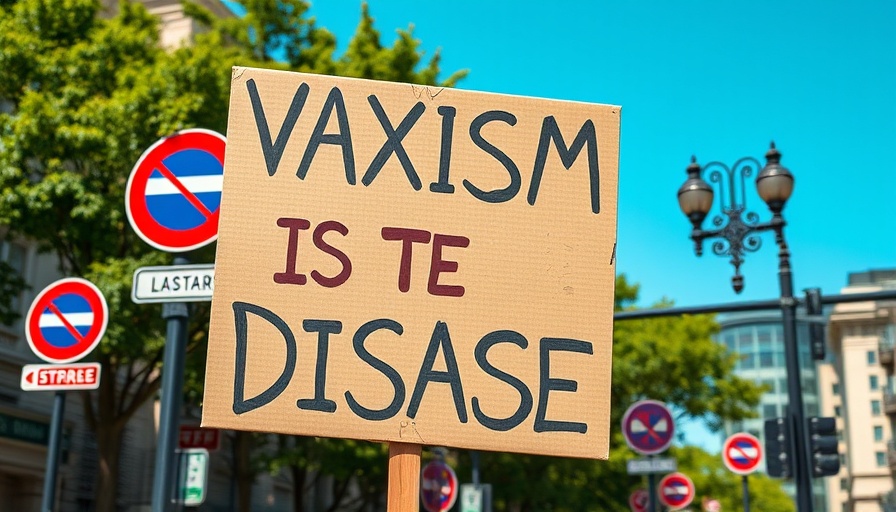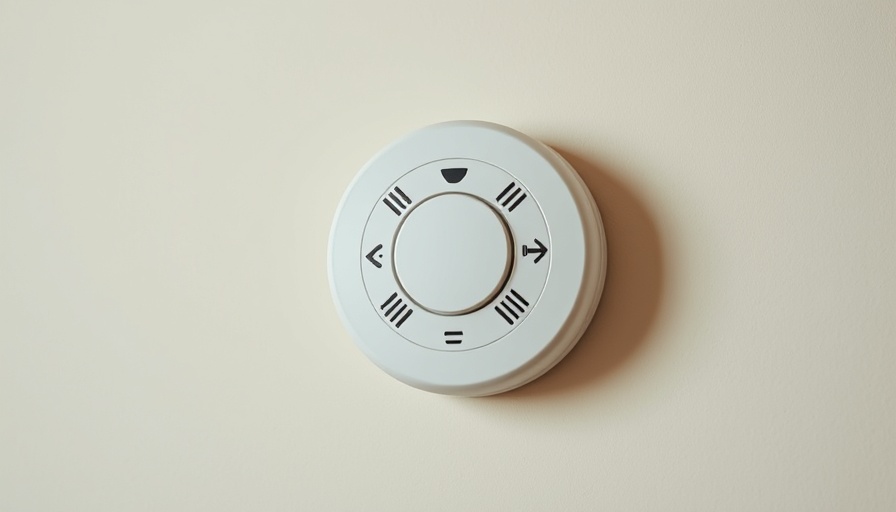
The Unspoken Risk: HPV and Men's Health
Human Papillomavirus (HPV) is often relegated to discussions around women's health, overshadowed by its link to cervical cancer. However, now more than ever, it’s critical to recognize that men are not immune to the impacts of HPV. The Men’s Health Network (MHN) has illuminated the pressing need for greater awareness and action around HPV vaccination, particularly for boys and young men. Despite clear recommendations for vaccination for all genders, the uptake among males lags significantly behind that of females. Alarmingly, this oversight translates into increased occurrences of HPV-related cancers in men, such as oropharyngeal, anal, and penile cancers.
Understanding the Issue: Why Men Are at Risk
Every year, approximately 180,000 men are diagnosed with cancers associated with HPV globally. Yet, when it comes to public discourse and educational campaigns about HPV, the focus disproportionately targets women. This emphasis can leave many men unaware of their risks. Educational materials primarily highlight cervical cancer, creating a dangerous blind spot for exploring risks that men face from HPV.
As cancer rates rise, we must question: Why isn't the conversation about HPV vaccination inclusive of men? Many men may not even know that HPV causes cancers that affect them directly. This ignorance can lead to delayed diagnoses and poor health outcomes, leaving men vulnerable both physically and psychologically.
The Need for Male Voices in the Conversation
Recent advocacy by MHN underscores the importance of establishing gender-specific recommendations and outreach strategies. Funds must be allocated toward campaigns explicitly designed to engage men. The disparities in vaccination rates can be addressed by improving communication between healthcare providers and male patients, ensuring that the right information about HPV vaccination reaches them.
Upcoming initiatives, such as the international webinar series “Living with a Cancer Caused by HPV – The Experience of Men,” hosted by Global Action on Men's Health, seek to bridge this gap. By elevating the personal stories of men impacted by HPV-related cancers, these discussions humanize an often-overlooked aspect of men’s health.
Real Stories: Overcoming Stigma and Silence
Among featured speakers in the webinar is Patrick Howard, an advocate sharing his experience with penile cancer. His story emphasizes the importance of breaking the silence and shame surrounding men’s health issues. Similarly, Jason Mendelsohn, a survivor of HPV oropharyngeal cancer, will discuss his journey, highlighting symptoms he initially ignored and the treatment he pursued. Their experiences illuminate the harsh realities and the need for awareness, creating a strong emotional connection that resonates with anyone who might be facing a similar battle.
Changing Perspectives: Empowering Men Through Knowledge and Action
To alter the current trajectory of HPV-related cancers in men, men’s voices need to be actively included in the prevention conversation. Increasing awareness can empower men to better understand their health and the risks they face. The message shared at the upcoming webinar is vital for breaking down misconceptions surrounding HPV—what it is, how it is contracted, and the importance of vaccination.
This is particularly critical for certain groups, including men who have sex with men (MSM), who face higher risks. Sensitizing discussions around race, sexuality, and health discrimination can enhance outreach's effectiveness, thereby increasing vaccination rates amongst those who need it most.
Looking Ahead: A Call to Action
In light of the findings and the impending challenges presented by HPV, advocacy for men’s health must become a priority. Increased funding should be directed towards enhancing educational campaigns that engage men directly and effectively.
It’s essential for healthcare providers to consistently communicate the necessity of the HPV vaccine for both boys and girls. If more men feel empowered to seek knowledge and speak out about their experiences, the stigma attached to men’s health will begin to lift. Initiatives like surveys and community forums can pave the way for a future where men’s health is prioritized and respected.
We invite you to join the conversation and register for the webinar on July 8th to learn more about the real men living with HPV-related cancers. It’s time to reclaim the narrative, address the existing gaps in healthcare discussions, and extend support to those potentially at risk.
 Add Row
Add Row  Add
Add 



Write A Comment